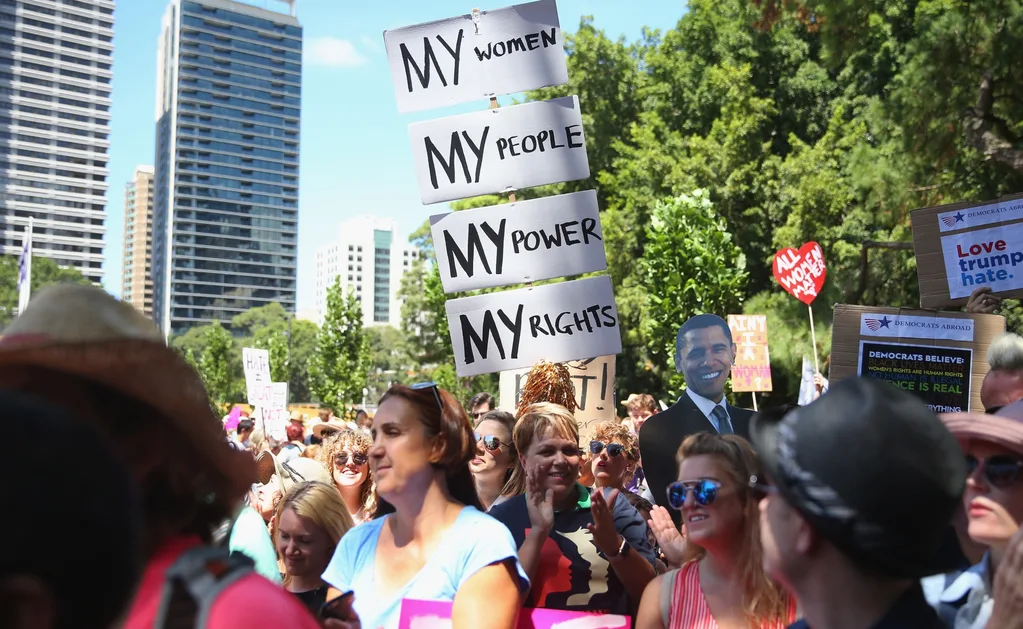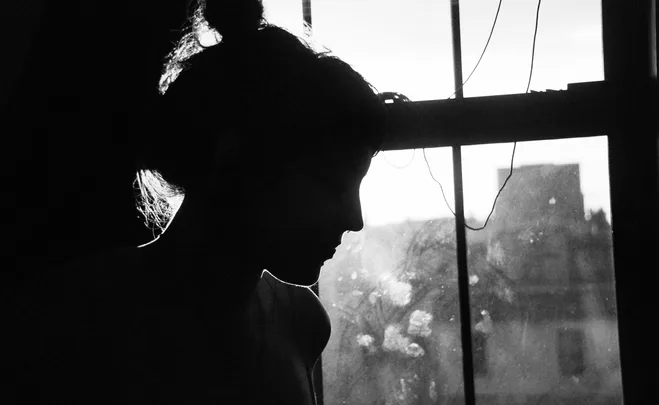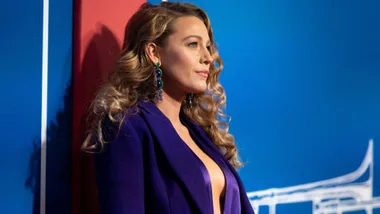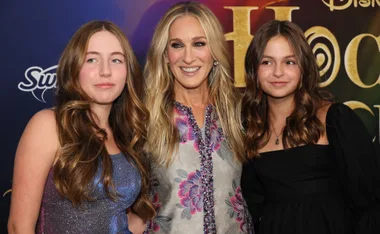Content warning: this article discusses sexual assault and violence and may be distressing to some readers. If you are experiencing sexual abuse or other unwanted behaviour, please contact Rape & Domestic Violence Services Australia.
As it stands in Australia right now, 1.5 per cent of sexual assaults result in a conviction.
Not only is it harrowing to think of what that means for the other 98.5 per cent of cases, but when you also consider the fact that less than three quarters of sexual assault cases are reported to police within one year in the first place (compared to 93 per cent for other offence types, per the ABS), the problem escalates beyond comprehension.
It’s a conversation that is currently gaining momentum, and it’s one that needs the backing of both the public and government to bring about any real change.
A certain court case from September 2021 brought some much-needed attention to the issue. The case itself involved a former student from Sydney’s Knox Grammar who punched a woman in the face. The judge described the female victim as wearing a dress which “might have been perceived by a former student of Knox to be provocative.”
The student did not receive a conviction. Instead, he was simply placed on a good behaviour bond.
The decision was met with public outrage at a system which not only made the harrowing ordeal for the victim in coming forward seem worthless, but it also represented an extremely damaging rhetoric for other women who have or will experience something similar.
marie claire spoke to Hayley Foster, CEO of Rape and Domestic Violence Services Australia, who reiterated the detrimental effect these sentences can have.
“I don’t think we can overstate the impact,” she said.
“That’s going to send a strong message to the community and for people who have had those experiences—it’s so invalidating. It makes them feel like what happened to them is not a big deal, or that there’s no point reporting it or going through that process to get justice because there isn’t any justice.”

The case also sparked a crowdfunding campaign by female start-up, Ovira.
The company created several billboards, the first of which was pointedly parked outside of Knox Grammar.
“You Will Not Silence Our Pain,” it read.
When the company was inundated with messages of support and more troubling stories of sexual violence, they took the activation further. Ovira created four more mobile billboards which included quotes from the Judge who had sentenced the Knox Grammar student.
“Thank your lucky stars,” one read.
“He’s had an unhappy year,” another glaringly stated.
Encouragingly the concurrent crowdfunding campaign—set up alongside the billboard activation—has also taken off.
At the time of writing, $37,000 has been donated, with $15,000 coming from Ovira itself. All of this money will go towards critical support services and advocacy groups for victims of violence.
The company’s founder Alice Williams said in a statement: “While we wait and wait for the government to provide these services with the funding [victims of sexual violence] deserve, we’re taking matters into our own hands.”
Foster of Rape and Domestic Violence Services Australia outlines what these real changes could look like.
Namely, an increase in support for women who have suffered sexual violence, particularly First Nations women, women with disabilities and women from culturally and linguistically diverse backgrounds.
In addition, we need a reform the criminal justice system and in how these cases take place—less rulings like the Knox Grammar student’s, more rulings that will reiterate the severity of assault of any kind against a woman, while protecting her as much as possible throughout the process.
And while we’ve got a long way to go, Foster is certain there is hope.
With such a significant amount of money raised from the “Thank Your Lucky Stars” campaign, and with public support, Foster assures us these changes can be achieved—so long as the support is there.
“We’re getting some strong support from people in leadership positions,” she explained.
“And it can’t be understated the power of people like Grace Tame, Brittany Higgins and Chanel Contos and everyone else who has followed in their footsteps. We’ve never seen so many people call up and say things like, ‘I saw Grace Tame and that’s what happened to me,’ we’re seeing so many people calling up for the first time.
“Also people who’ve [come forward] and it could have been 20 years ago that they experienced something—but they feel like they don’t have to carry that same shame. And that’s because it’s not their shame to hold—they’ve been able to see someone stand up and be really articulate about it and make that really clear.”










